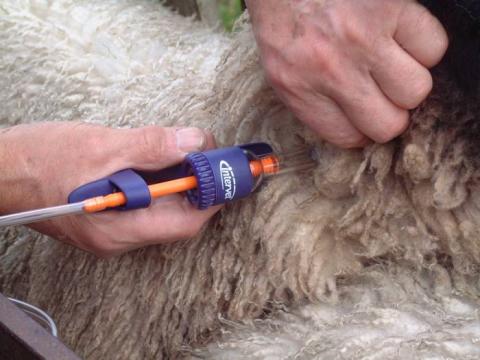There are only two treatment choices for scab – an endectocide (injectable) or an organophosphate dip (diazinon). Resistance in scab mites to the injectables has been confirmed in the UK, which means we need to be increasingly careful about how we use both treatment choices. Action is needed to both slow the rate of resistance to injectables and ensure mites do not develop resistance to OPs - more information here.
If you have treated sheep and they still appear to be infected (i.e. they are itching) it is important to report it to your vet and/or merchant. Do no just retreat, as this could waste your time and money and further add to resistance developing.
SCOPS has developed a simple protocol to go through when a treatment has failed. This is designed to:-
- Safeguard the welfare of the sheep by ensuring appropriate actions (and treatments if required).
- Avoid over use of treatments, especially of the same active class, by ensuring best practice and veterinary diagnosis are employed.
- Report the suspected lack of efficacy to the Marketing Authorisation Holder (MAH) or Veterinary Medicines Directorate (VMD).



